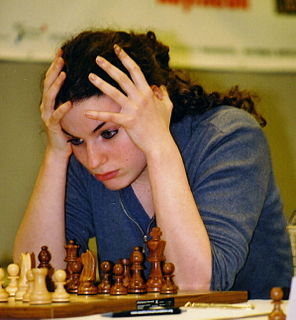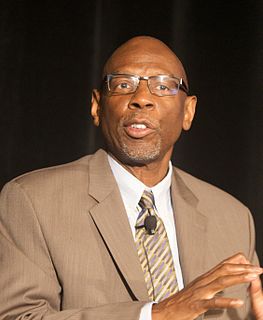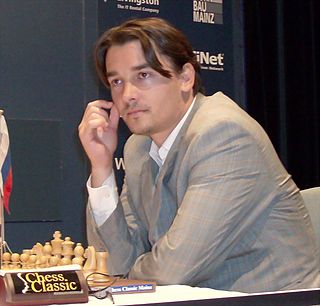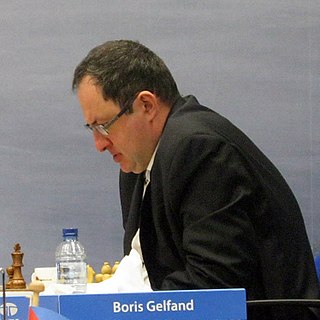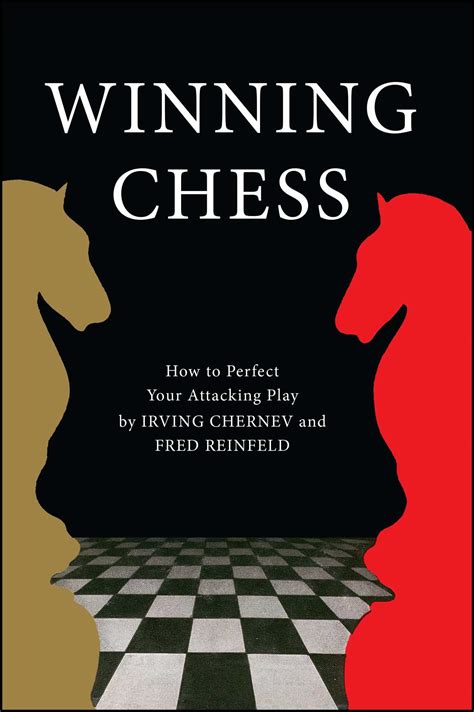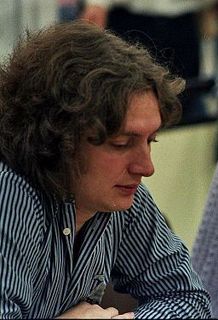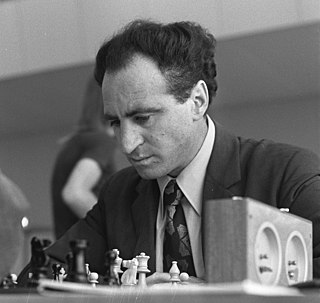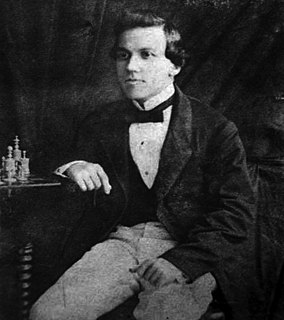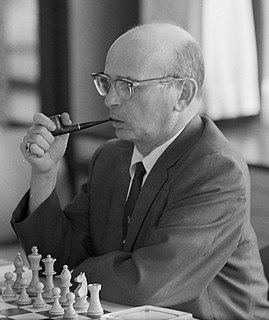A Quote by Emanuel Lasker
Having spent 200 hours on the above, the young player, even if he possesses no special talent for chess, is likely to be among those two or three thousand chessplayers [who play on a par with a master]. There are, however, a quarter of a million chessplayers who annually spend no fewer than 200 hours on chess without making any progress. Without going into any further calculations, I can assert with a high degree of certainty that nowadays we achieve only a fraction of what we are capable of achieving.
Quote Topics
Above
Achieve
Achieving
Among
Any
Assert
Calculations
Capable
Certainty
Chess
Degree
Even
Fewer
Fraction
Further
Going
Having
High
Hours
However
Likely
Making
Master
Million
Nowadays
Only
Par
Play
Player
Possesses
Progress
Quarter
Special
Spend
Spent
Talent
Than
Those
Thousand
Three
Two
Without
Young
Related Quotes
Most chess books only sell a few thousand copies, and a book titled something like "Women in Chess" would sell even fewer. The idea with this title was to spread the book outside the competitive chess world. I'm interested in attracting readers who love chess but play only casually, and feminists interested in male-dominated fields.
I was a professional chess player in Romania, but only a small-time master. When I came to France, I continued playing chess for many years: I played tournaments in numerous countries with mixed results. I wrote and published a book - La Défense Alekhine and translated two others from Russian. I taught chess in schools; I earned more money through chess than through literature.
Like Dvoretsky, I think that (all other things being equal), the analytical method of studying chess must give you a colossal advantage over the chess pragmatist, and that there can be no certainty in chess without analysis. I personally acquired these views from my sessions with Mikhail Botvinnik, and they laid the foundations of my chess-playing life.
I used to play a lot of chess and competitive chess and study chess and as you get to the grandmasters and learn their styles when you start copying their games like the way they express themselves through... The way Kasparov or Bobby Fischer expresses themselves through a game of chess is it's astonishing. You can show a chess master one of their games and they'll say "Yeah, that is done by that player."
Chess teaches foresight, by having to plan ahead; vigilance, by having to keep watch over the whole chess board; caution, by having to restrain ourselves from making hasty moves; and finally, we learn from chess the greatest maxim in life - that even when everything seems to be going badly for us we should not lose heart, but always hoping for a change for the better, steadfastly continue searching for the solutions to our problems.
Since religion intrinsically rejects empirical methods, there should never be any attempt to reconcile scientific theories with religion. An infinitely old universe, always evolving, may not be compatible with the Book of Genesis. However, religions such as Buddhism get along without having any explicit creation mythology and are in no way contradicted by a universe without a beginning or end. Creatio ex nihilo, even as religious doctrine, only dates to around AD 200. The key is not to confuse myth and empirical results, or religion and science.


